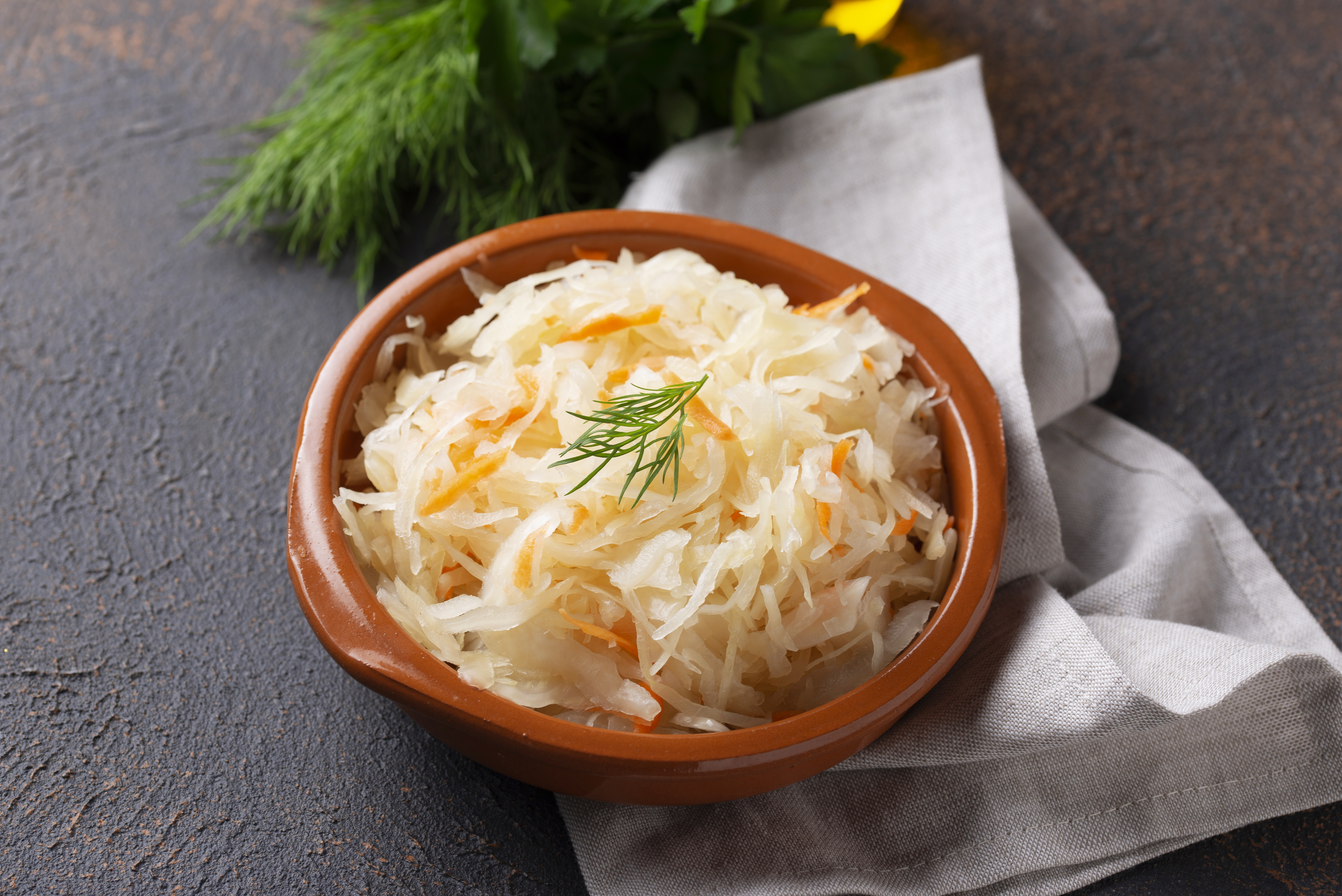Probiotics vs. Prebiotics: What’s the Difference and Why Does It Matter?
The human gut is a bustling metropolis of microorganisms, housing trillions of bacteria, viruses, fungi, and other microscopic entities. This complex ecosystem, known as the microbiome, plays a crucial role in maintaining our overall health. Within this realm, probiotics and prebiotics emerge as significant players. Probiotics are live beneficial bacteria that confer health benefits when consumed in adequate amounts. Prebiotics, on the other hand, are non-digestible food ingredients that promote the growth of beneficial bacteria in the gut. Together, these elements work synergistically to support digestive health, boost the immune system, and even influence mood and mental well-being. As we delve into the intricate details of probiotics and prebiotics, we will uncover their unique characteristics, benefits, and how they differ from one another, providing a comprehensive understanding of their roles in our health.
1. Probiotics: The Beneficial Bacteria

Probiotics are live microorganisms, primarily bacteria, that provide health benefits when consumed in adequate amounts. They are often referred to as "good" or "friendly" bacteria due to their positive impact on gut health. Common strains include Lactobacillus and Bifidobacterium, which are found in fermented foods such as yogurt, kefir, and sauerkraut. These beneficial bacteria help maintain a healthy balance in the gut microbiome by inhibiting the growth of harmful bacteria, enhancing the gut barrier function, and modulating the immune response. Research has shown that probiotics can alleviate symptoms of digestive disorders, such as irritable bowel syndrome (IBS) and inflammatory bowel disease (IBD), and may even reduce the risk of certain infections. The efficacy of probiotics depends on factors such as strain specificity, dosage, and the individual's unique gut microbiota composition.
2. Prebiotics: Nourishing the Good Guys

Prebiotics are non-digestible food components, primarily fibers and oligosaccharides, that selectively stimulate the growth and activity of beneficial bacteria in the gut. Unlike probiotics, prebiotics are not live organisms but rather the food source that fuels the growth of these beneficial microbes. Common sources of prebiotics include garlic, onions, bananas, and whole grains. By providing nourishment to beneficial bacteria, prebiotics help maintain a healthy gut microbiome balance, supporting digestive health and enhancing the body's immune response. Additionally, they play a role in the production of short-chain fatty acids (SCFAs), which have anti-inflammatory properties and contribute to overall gut health. The effectiveness of prebiotics depends on factors such as the type of fiber, dosage, and individual gut microbiota composition.
